The first words of Jesus in the Gospel of John (directed to John himself and to Andrew) are, “What are you looking for?” Here, at the end of the Gospel, he is still asking the same basic question: “Whom are you looking for?” Because seekers find, but only if we are open to the fullness of truth, only if we are willing to let go of our preconceived notions, our own agendas, our own selfward desires. In the hidden depths of our hearts and minds, we determine the direction of our lives by deciding what we will seek. Jesus knows this, and so he often gives us the opportunity to check ourselves: “What do you want?” “Do you want to be healed?” “Why are you weeping?”
If we truly want to see, to be whole, to receive the fullness of grace that he came to give us, we will do what is necessary, even if it is difficult, to receive it – we will climb a tree to see him, like Zacchaeus; we will call out to him incessantly like Bartimaeus; we will fall down before him like the centurion, to ask for healing for another; we will take a risk and fight through the crowd to touch the hem of his garment, in faith, like the woman who had spent all she had trying to be made clean. And like Mary Magdalen in the garden, we will weep and seek, in spite of the risk.
But if our faith is weak, we will not take these risks. If we do not trust him fully, we will fail to see the mighty work of his love in our lives. If we are not open to the surprise of grace, we will allow ourselves to doubt and be disappointed when our prayers are not answered in precisely the way we wanted. Rather than accept that we are not ready to receive everything immediately, or that what we want is not what is best for us, we will be tempted to think that the Lord has abandoned us, and we will not see him as he gives himself to us. He is always giving himself to us, but like Mary in the garden, who is looking for a dead body in the last place she saw it, we might mistake his living Presence for a gardener.
As we rejoice in the light of Christ’s Resurrection, let us also ask for the grace to keep searching our own hearts for any obstacles to grace that remain there. As we move closer to the Eighth Day, Divine Mercy Sunday, let us ask for the light to know his love and mercy in our lives, to receive and accept his forgiveness, and to allow ourselves to be loved by him as he wills. Then, in trust and love, we will be able to say, “I have seen the Lord,” and bring his healing light to others.
Las primeras palabras de Jesús en el Evangelio de Juan (dirigidas al mismo Juan y a Andrés) son: “¿Qué buscas?” Aquí, al final del Evangelio, todavía hace la misma pregunta básica: “¿A quién buscas?” Porque los buscadores encuentran, pero solo si estamos abiertos a la plenitud de la verdad, solo si estamos dispuestos a dejar de lado nuestras nociones preconcebidas, nuestras propias agendas, nuestros propios deseos egoístas. En las profundidades ocultas de nuestros corazones y mentes, determinamos la dirección de nuestras vidas decidiendo lo que buscaremos. Jesús lo sabe, y por eso a menudo nos da la oportunidad de hacer una autoevaluación:: “¿Qué quieres?” “¿Quieres ser sanado?” “¿Por qué lloras?”
Si de verdad queremos ver, ser íntegros, recibir la plenitud de la gracia que él vino a darnos, haremos lo necesario, aunque sea difícil, para recibirla: treparemos a un árbol para verlo, como Zaqueo; lo llamaremos incesantemente como Bartimeo; nos postraremos ante él como el centurión, para pedir que otro se sane; nos arriesgaremos y lucharemos entre la multitud para tocar el borde de su manto, en fe, como la mujer que había gastado todo lo que tenía tratando de ser limpiada. Y como María Magdalena en el jardín, lloraremos y buscaremos, a pesar del riesgo.
Pero si nuestra fe es débil, no tomaremos estos riesgos. Si no confiamos plenamente en él, no podremos ver la poderosa obra de su amor en nuestras vidas. Si no estamos abiertos a la sorpresa de la gracia, nos permitiremos dudar y sentirnos desilusionados cuando nuestras oraciones no sean respondidas exactamente de la manera que queríamos. En lugar de aceptar que no estamos listos para recibir todo de inmediato, o que lo que queremos no es lo mejor para nosotros, seremos tentados a pensar que el Señor nos ha abandonado, y no veremos como se entrega a sí mismo a nosotros. Él siempre se está entregando a nosotros, pero como María en el jardín, que busca un cadáver en el último lugar donde lo vio, podríamos confundir su Presencia viva con un jardinero.
Mientras nos regocijamos a la luz de la Resurrección de Cristo, pidamos también la gracia de seguir escudriñando en nuestros propios corazones cualquier obstáculo que quede para la gracia. A medida que nos acercamos al Octavo Día, el Domingo de la Divina Misericordia, pidamos la luz para conocer su amor y misericordia en nuestra vida, para recibir y aceptar su perdón, y para dejarnos amar por él como él quiere. Entonces, con confianza y amor, podremos decir: “He visto al Señor”, y llevar su luz sanadora a los demás.
 Kathryn Mulderink, MA, is married to Robert, Station Manager for Holy Family Radio. Together they have seven children (including Father Rob), and seven grandchildren. She is President of the local community of Secular Discalced Carmelites and has published five books and many articles. Over the last 30 years, she has worked as a teacher, headmistress, catechist, Pastoral Associate, and DRE, and as a writer and voice talent for Catholic Radio. Currently, she serves the Church by writing and speaking, and by collaborating with various parishes and to lead others to encounter Christ and engage their faith. Her website is www.KathrynTherese.com
Kathryn Mulderink, MA, is married to Robert, Station Manager for Holy Family Radio. Together they have seven children (including Father Rob), and seven grandchildren. She is President of the local community of Secular Discalced Carmelites and has published five books and many articles. Over the last 30 years, she has worked as a teacher, headmistress, catechist, Pastoral Associate, and DRE, and as a writer and voice talent for Catholic Radio. Currently, she serves the Church by writing and speaking, and by collaborating with various parishes and to lead others to encounter Christ and engage their faith. Her website is www.KathrynTherese.com
Feature Image Credit: Bruno van der Kraan, unsplash.com/photos/v2HgNzRDfII

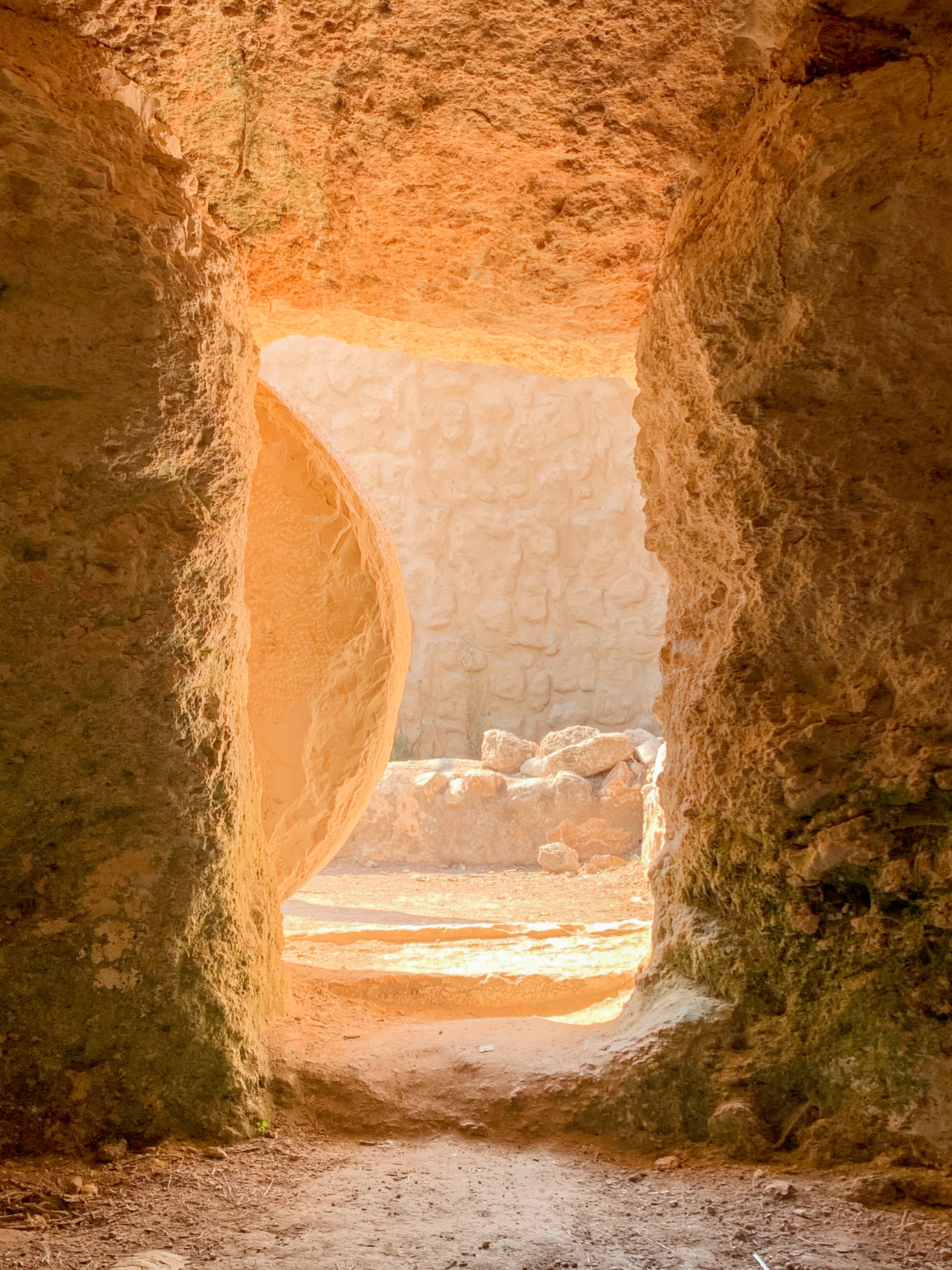


 Susan Ciancio has a BA in psychology and a BA in sociology from the University of Notre Dame, with an MA in liberal studies from Indiana University. For the past 19 years, she has worked as a professional editor and writer, editing both fiction and nonfiction books, magazine articles, blogs, educational lessons, professional materials and website content. Thirteen of those years have been in the pro-life sector. Currently Susan freelances and writes weekly for HLI, edits for American Life League, and is the executive editor of Celebrate Life Magazine. She also serves as executive editor for the Culture of Life Studies Program—an educational nonprofit program for K-12 students. You can reach her at
Susan Ciancio has a BA in psychology and a BA in sociology from the University of Notre Dame, with an MA in liberal studies from Indiana University. For the past 19 years, she has worked as a professional editor and writer, editing both fiction and nonfiction books, magazine articles, blogs, educational lessons, professional materials and website content. Thirteen of those years have been in the pro-life sector. Currently Susan freelances and writes weekly for HLI, edits for American Life League, and is the executive editor of Celebrate Life Magazine. She also serves as executive editor for the Culture of Life Studies Program—an educational nonprofit program for K-12 students. You can reach her at 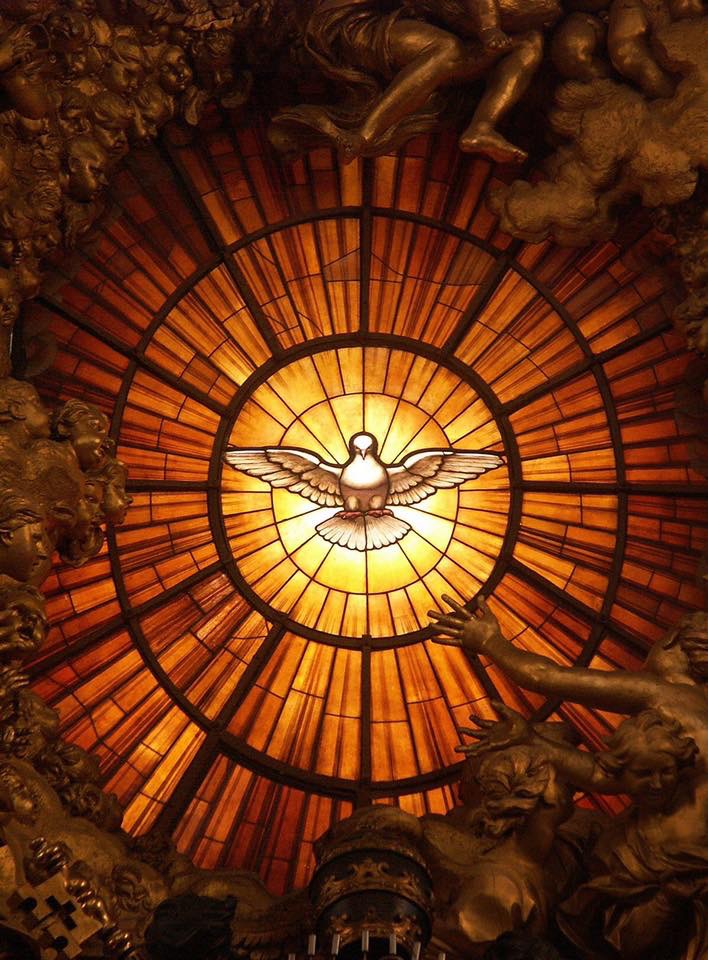
 Dakota lives in Denver, CO with her husband, Ralph, and their two sons, Alfie & Theophilus. She is the Dean of Enrollment Management for Bishop Machebeuf High School where her husband also teaches. You can find Dakota at the zoo or a brewery with her family or with her nose in a book at home. For more of Dakota’s writing check out
Dakota lives in Denver, CO with her husband, Ralph, and their two sons, Alfie & Theophilus. She is the Dean of Enrollment Management for Bishop Machebeuf High School where her husband also teaches. You can find Dakota at the zoo or a brewery with her family or with her nose in a book at home. For more of Dakota’s writing check out 
 Christine Hanus is a thwarted idealist who, nevertheless, lives quite happily in Upstate NY. She is a wife and mother of five grown children.
Christine Hanus is a thwarted idealist who, nevertheless, lives quite happily in Upstate NY. She is a wife and mother of five grown children.

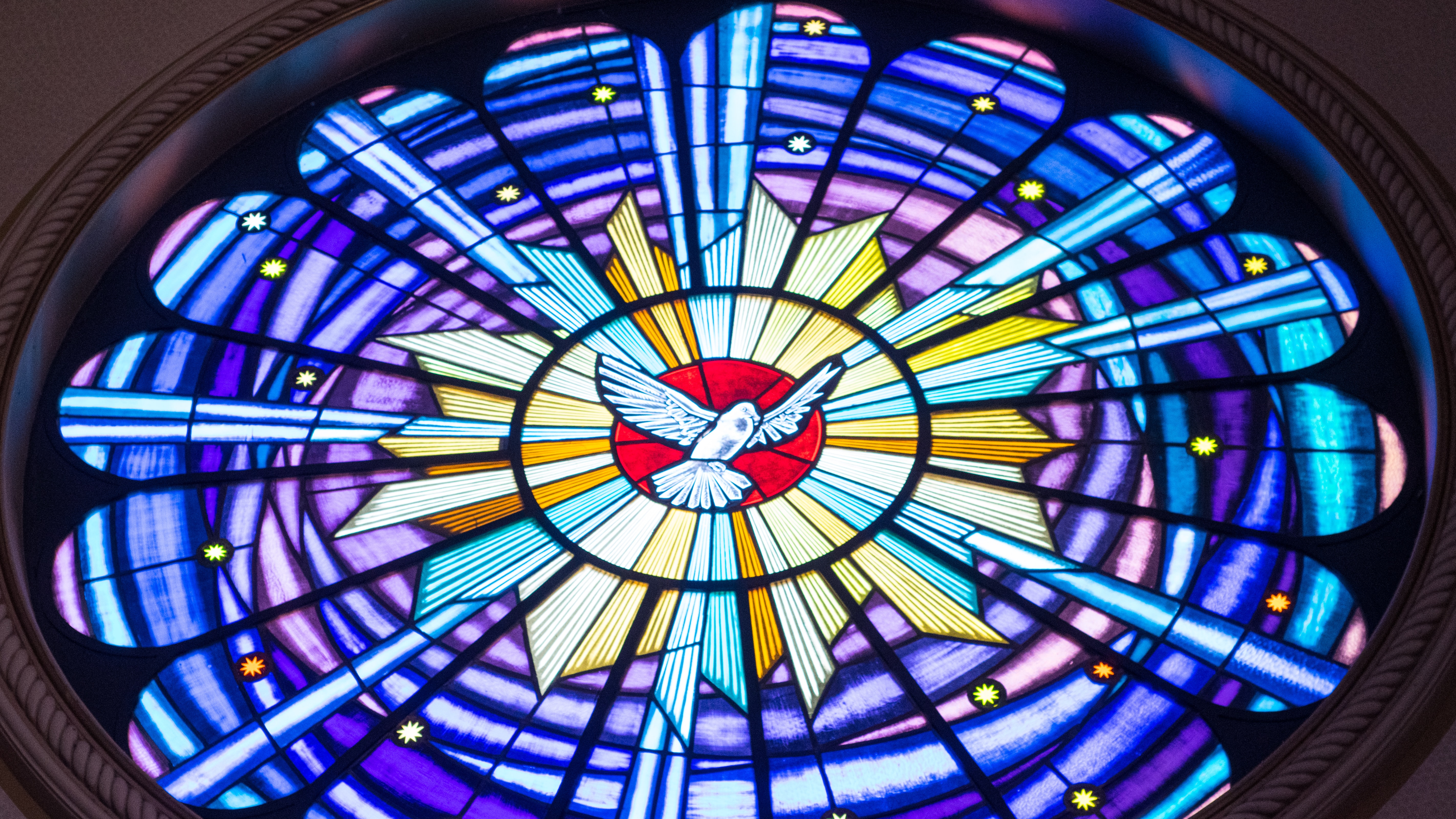


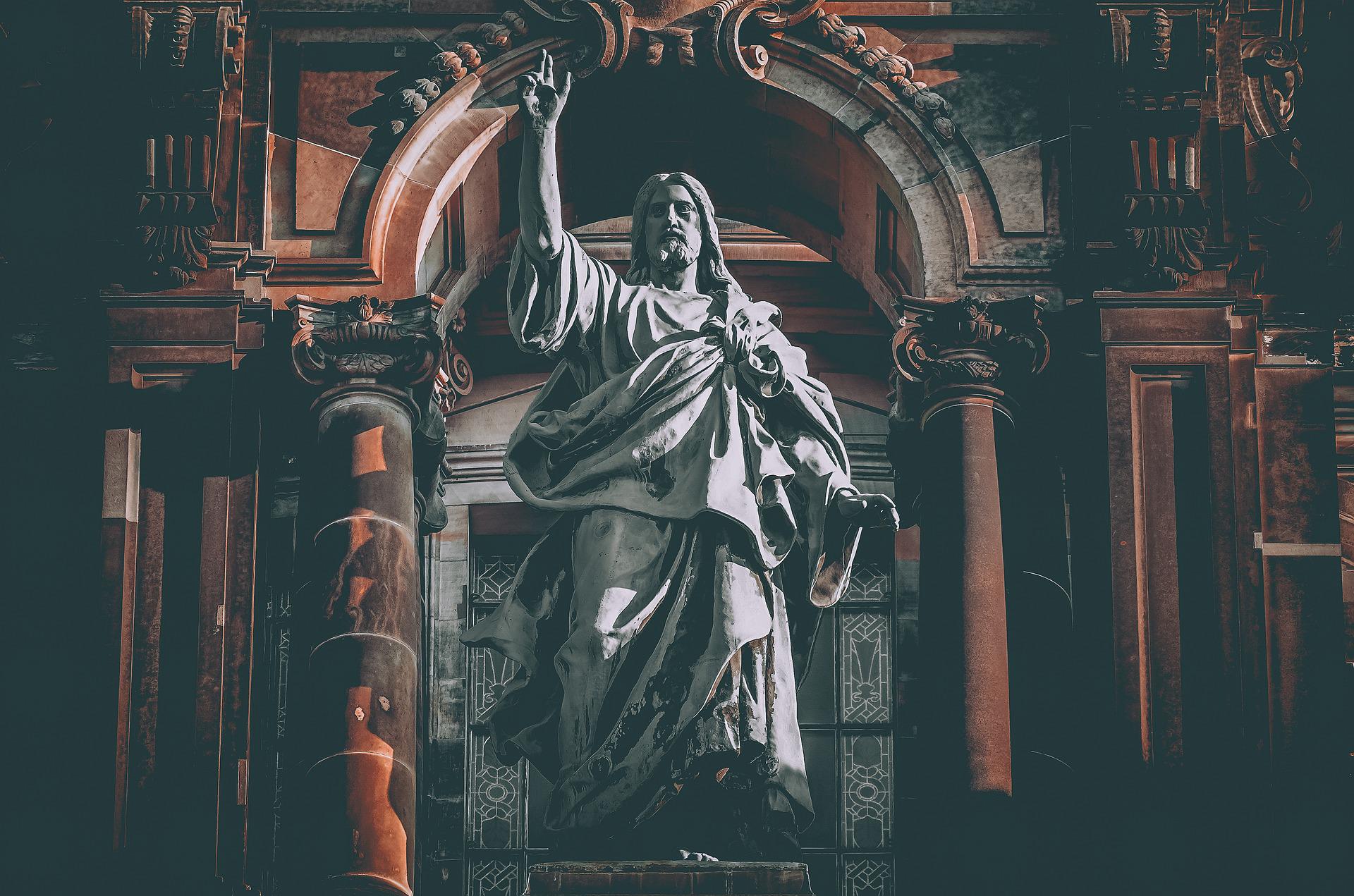
 Kate Taliaferro is an Air Force wife and mother. She is blessed to be able to homeschool, bake bread and fold endless piles of laundry. When not planning a school day, writing a blog post or cooking pasta, Kate can be found curled up with a book or working with some kind of fiber craft. Kate blogs at
Kate Taliaferro is an Air Force wife and mother. She is blessed to be able to homeschool, bake bread and fold endless piles of laundry. When not planning a school day, writing a blog post or cooking pasta, Kate can be found curled up with a book or working with some kind of fiber craft. Kate blogs at 
 J.M. Pallas has had a lifelong love of Scriptures. When she is not busy with her vocation as a wife and mother to her “1 Samuel 1” son, or her vocation as a public health educator, you may find her at her parish women’s bible study, affectionately known as “The Bible Chicks.”
J.M. Pallas has had a lifelong love of Scriptures. When she is not busy with her vocation as a wife and mother to her “1 Samuel 1” son, or her vocation as a public health educator, you may find her at her parish women’s bible study, affectionately known as “The Bible Chicks.”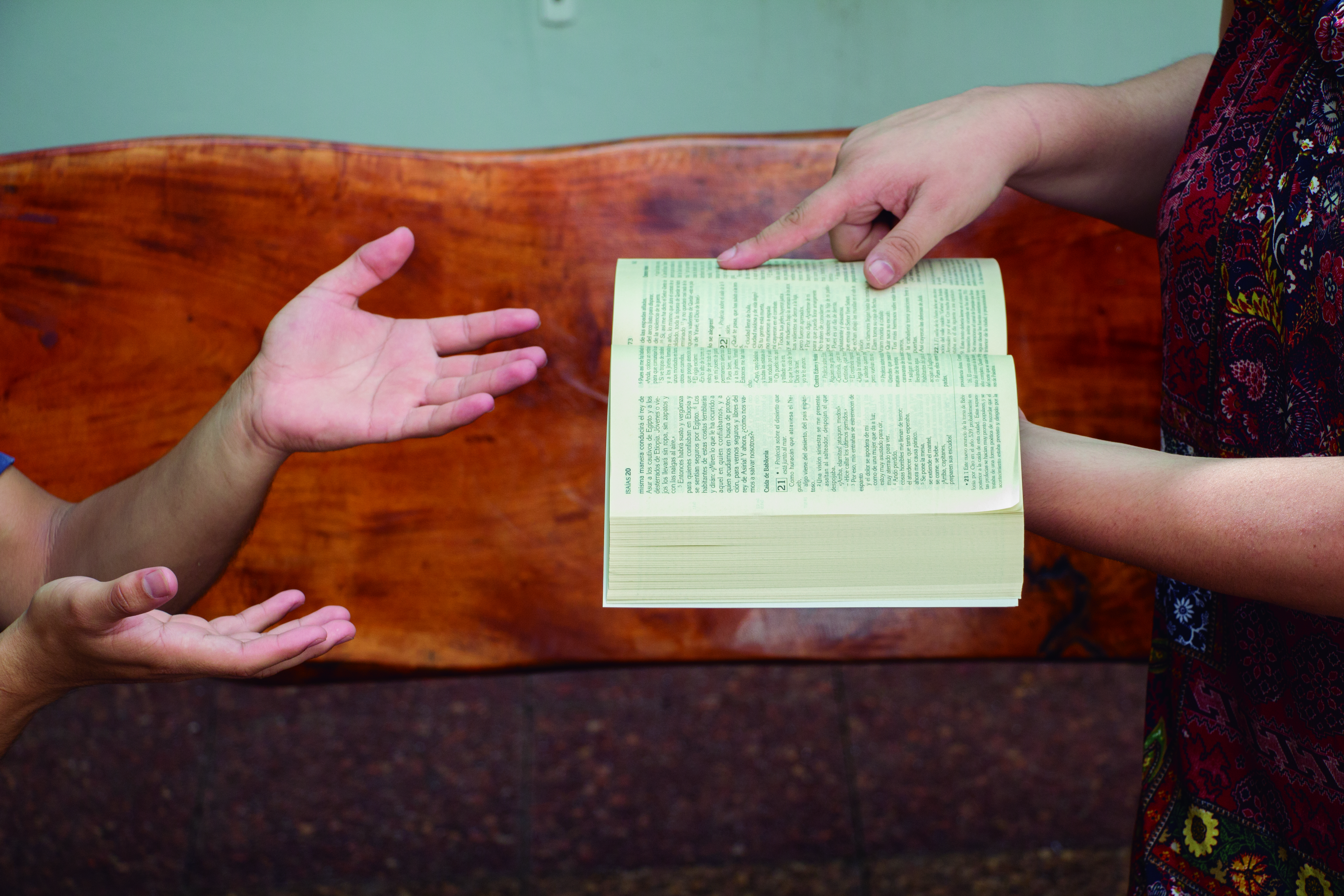
 Leslie Sholly is a Catholic, Southern wife and mother of five, living in her hometown, Knoxville, Tennessee. She graduated from Georgetown University with an English major and Theology minor. She blogs at
Leslie Sholly is a Catholic, Southern wife and mother of five, living in her hometown, Knoxville, Tennessee. She graduated from Georgetown University with an English major and Theology minor. She blogs at